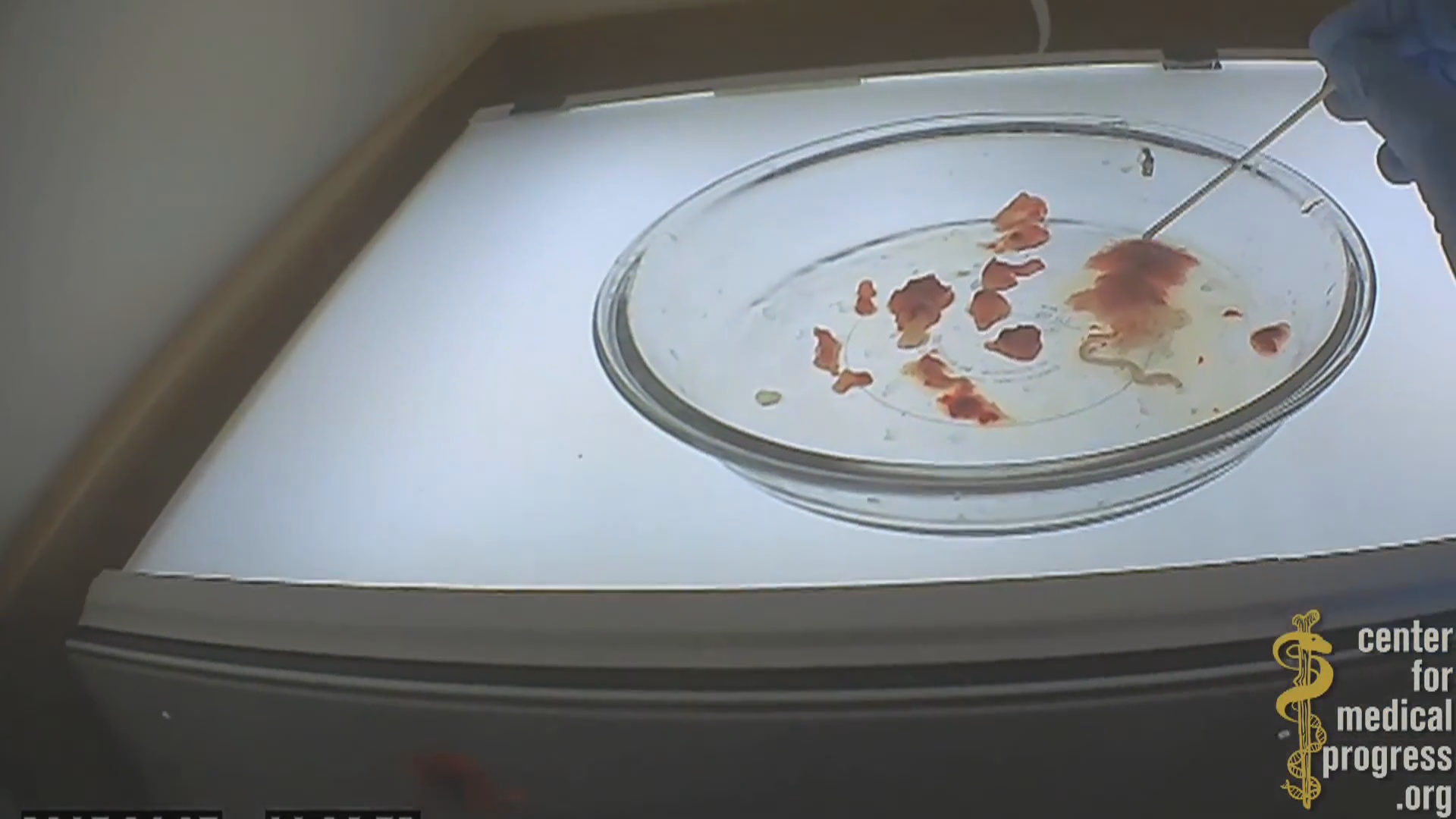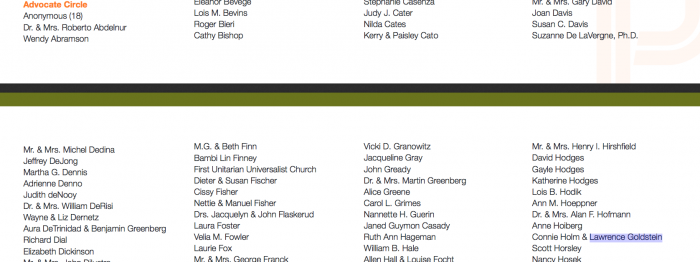On March 2, the House Select Investigative Panel on Infant Lives held its first hearing on the harvesting and selling of baby body parts. The hearing was focused on the ethics involved in fetal tissue research. One of the witnesses defending this research and the collection of baby body parts was Lawrence S.B. Goldstein, PhD, a professor in the Department of Cellular and Molecular Medicine at the University of California, San Diego School of Medicine.
Goldstein’s testimony revealed the troubling reality of fetal tissue research.
In his opening statement, he made clear that fetal cells are the only type of cell he believes will work for his research – despite the fact that fetal cell research has not yet been proven to provide any cures, while adult stem cells have. Goldstein opened:
My message is simple: fetal tissue and cells that would otherwise be discarded play a vital role in modern cutting-edge medical research. These fetal tissues and cells cannot be replaced by embryonic stem cells, reprogrammed stem cells, or adult stem cells.
Goldstein’s summary comments are striking as well:
[R]esearch with fetal tissue and cells that would otherwise be discarded is ethical, valuable, and vital to ongoing biomedical research projects. If we do not continue to use this tissue that is destined for discard, we forego the ability of researchers to continue to make timely and significant progress in mitigating if not eliminating devastating diseases like Alzheimer’s and improving the quality of life of many people in the future.
Simply put, Goldstein says he needs baby brains for his research. In 2012, Goldstein and his colleagues published a study in which the researchers explain how they worked on fetal brains, and other fetal parts, to explore Alzheimer’s treatments. He testified about his research in the hearings, justifying his work, while saying he abides by the laws about buying and selling fetal parts. But he added, in his answer to Rep. Larry Bucshon (R-IN), “I am uncomfortable with the law of the land.”
It’s no wonder he doesn’t like the law since it limits his exploration with baby brains, though he deflected questions on how this research helps anyone when no cures have actually been found after years of attempting.
Stunningly, Goldstein defended the “exploration” of baby brains. He said that because researchers don’t know the area of the brain that is affected by certain diseases, it is therefore vital to “explore the landscape.” And while there have been no answers for medicine from this research, Goldstein insisted it was worth exploring, saying, “We’re going to give it a good solid try.”
Goldstein also supports the work of Planned Parenthood that helps researchers like himself obtain fetal body parts. It’s no wonder since his study openly notes that Planned Parenthood is a source for fetal brains.
 Goldstein’s relationship with Planned Parenthood is personal, as well. He was a donor to the organization, as noted on page 16 of this annual report from the abortion provider .
Goldstein’s relationship with Planned Parenthood is personal, as well. He was a donor to the organization, as noted on page 16 of this annual report from the abortion provider .
The Center for Medical Progress released a statement ahead of the hearing saying:
The star witness for Planned Parenthood at today’s hearing on the bioethics of fetal body parts harvesting, UC San Diego’s Dr. Lawrence Goldstein, obtains his aborted fetal brains from Planned Parenthood of the Pacific Southwest in San Diego, CA. Dr. Goldstein is also a long-time financial donor to the same Planned Parenthood in San Diego. Neither of these critical facts are mentioned anywhere in Dr. Goldstein’s sworn written testimony for the hearing.
Indeed, Goldstein testifying on behalf of fetal research is fitting. The very Planned Parenthood affiliate where he admitted to acquiring baby brains was part of the Center for Medical Progress’ investigation last year, and revealed that baby parts were on sale for $60 a piece.
And while the abortion industry bands together to support “fair trade” of fetal brains and other body parts, Goldstein stays in his lab, experimenting on babies who have been killed so he could “explore the landscape” of their brains in case maybe after all these years, a cure for something might be found. The question is, how many babies have to die before that happens? Goldstein says that fetal research is “ethical;” however, there is nothing ethical about killing one life to experiment to – perhaps – save another.
Another CMP video told the story of a technician who helped to harvest the brain of a baby who survived his abortion at the Planned Parenthood in San Jose. How many babies, just like this tiny boy, are alive when their brains are harvested for research like Goldstein’s?








